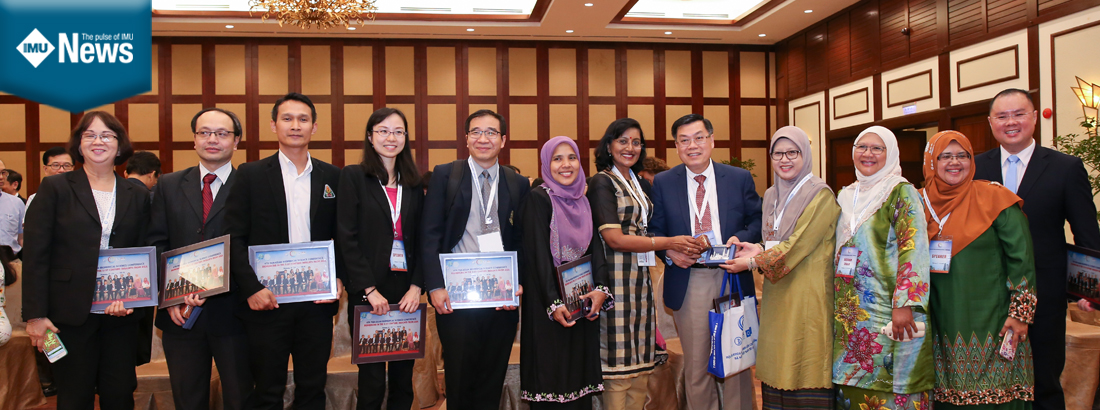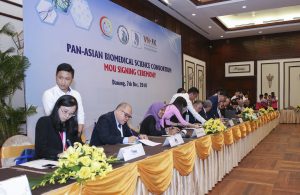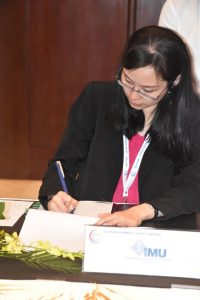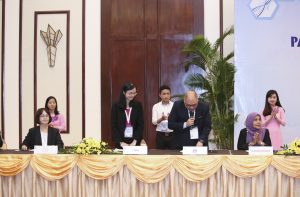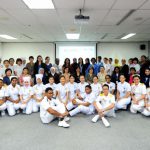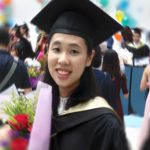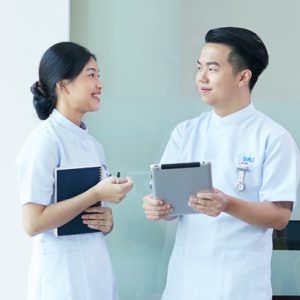“Alone we can do so little; together we can do so much.” – Helen Keller
The adage rings true especially in academia, where research and education can only be nurtured through international collaboration and sharing of best practices. Asia is no exception, with its repertoire of prolific biomedical researchers and emerging technology.
With this in mind, in conjunction with the 4th Pan-Asian Biomedical Science Conference (PABSC) held in scenic Da Nang, Vietnam from 6 – 7 December 2018, 18 higher education and research institutions from across Asia signed a Memorandum of Understanding in a grand ceremony at the Furama Resort to join the Pan-Asian Biomedical Science Consortium (formerly known as the Asia-International Biomedical Science Consortium). Participating institutions include Chiang Mai University (Thailand), the Chinese University of Hong Kong, the University of Danang (Vietnam), Far Eastern University-Nicanor Reyes Medical Foundation (Philippines), and Southwest Medical University (China).
The IMU was welcomed as one of the latest consortium members, represented by Dr Lim Chooi Ling from the Applied Biomedical Science and Biotechnology Division, School of Health Sciences. The Malaysian Biomedical Science Association (MyBiomed) also signed on as a new member, with Vice-President Professor Siti Balkis Budin as the representative.
Each participating institution pledged to organise the International Biomedical Sciences Conference biennially in turns, promote academic exchange and co-operation, and facilitate visits and co-operation among students and faculty members for internship, research and teaching. This collaboration forms a sustainable, conducive platform for biomedical researchers and students from neighbouring countries to share their best practices, resources, and ideas to attract large international grants and address research niches unique to Asia.
The MoU signing was preceded by a business meeting and welcome dinner attended by representatives of the consortium. Prof Tuan V Nguyen of the conference organising committee chaired the event, which deliberated on the management, website and logo of the consortium, research and academic collaboration potential, and venue for the following PABSC.
Under the theme “Biomedicine in the 21st Century: Insights from ASIA”, the 4th PABSC gathered hundreds of clinicians, scientists, biomedical engineers, and healthcare professionals. The topics of the conference were arranged into six tracks, namely clinical translation, traditional medicine, personalised medicine, risk assessment (diagnosis and prognosis), medical devices, and high thoroughput data and bioinformatics. Participants were enlightened by talks from distinguished speakers, including A/Prof Stephanie Ma and Prof Wai-Yee Chan (University of Hong Kong), Prof Tuan V Nguyen (Garvan Institute of Medical Research, Australia), and Emeritus Professor Cho Chi-Hin (Southwest Medical University, China). The next conference in 2020, which promises more high-quality plenaries and programmes, has been agreed by all members to be organised by the Chinese University of Hong Kong in the ‘Pearl of the Orient’.
| About the Consortium |
|---|
| The consortium came into existence in 2012 at the first PABSC hosted by Khon Khaen University, Thailand. The founding members, Chiang Mai University and Khon Khaen University (Thailand), University of Malaya and Universiti Kebangsaan Malaysia (Malaysia), the University of Danang (Vietnam), and the Chinese University of Hong Kong, rallied together to develop an exceptional alliance among regional institutions for the acceleration of biomedical research advancement. |
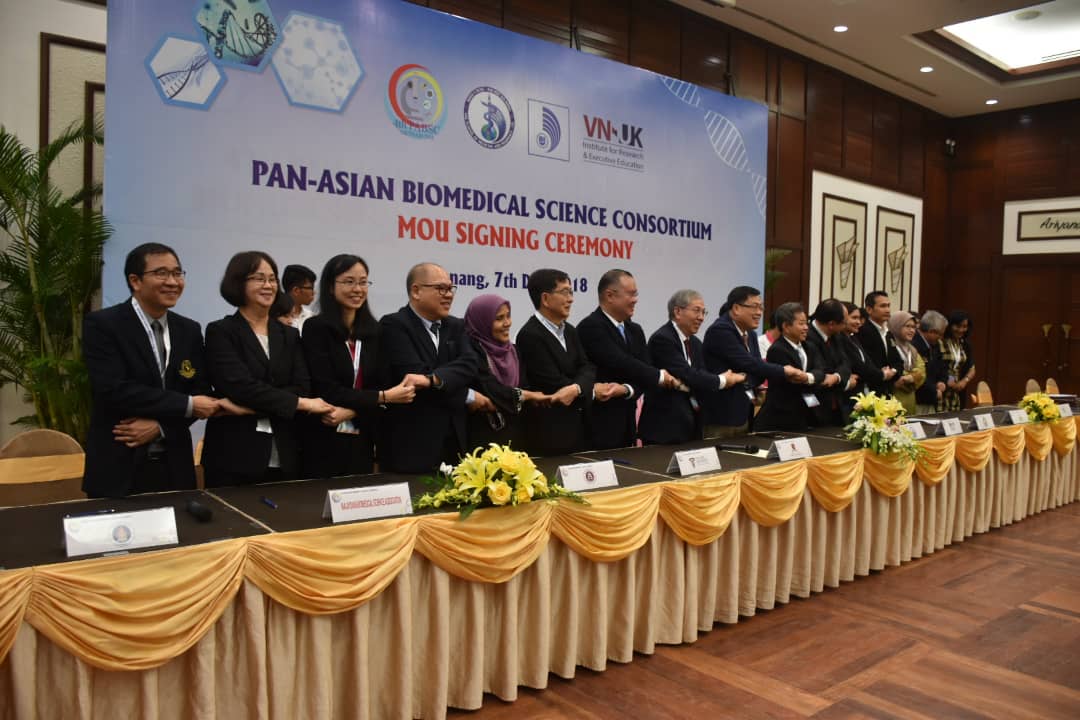
Written by Lim Chooi Ling




